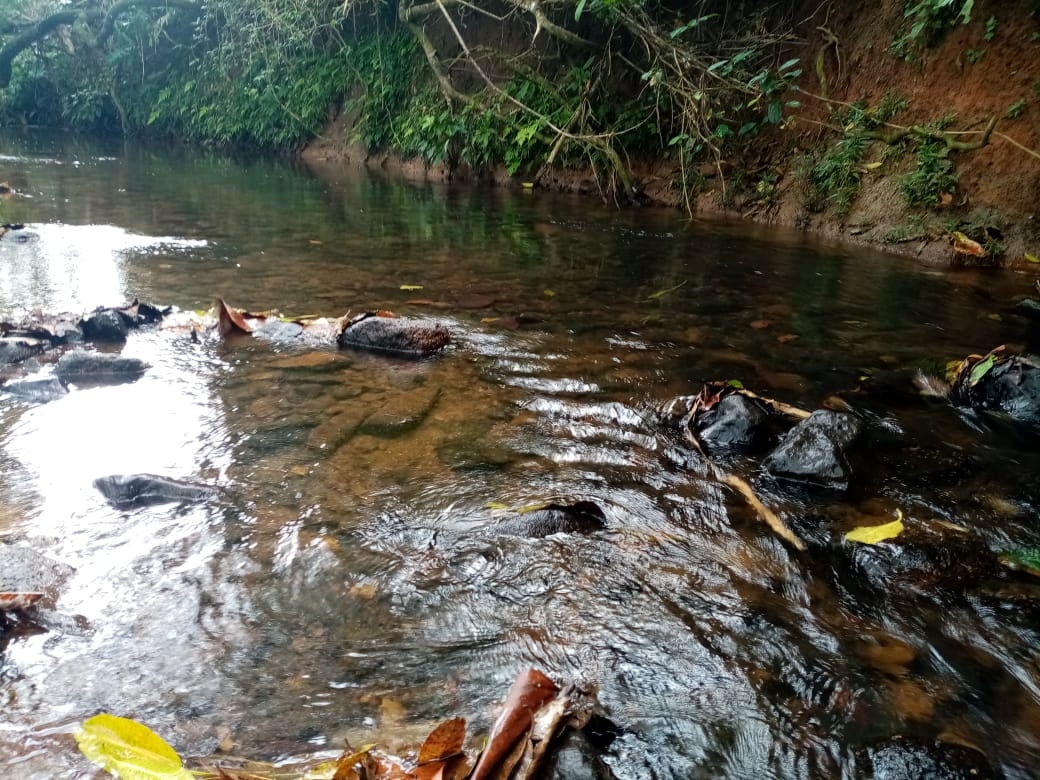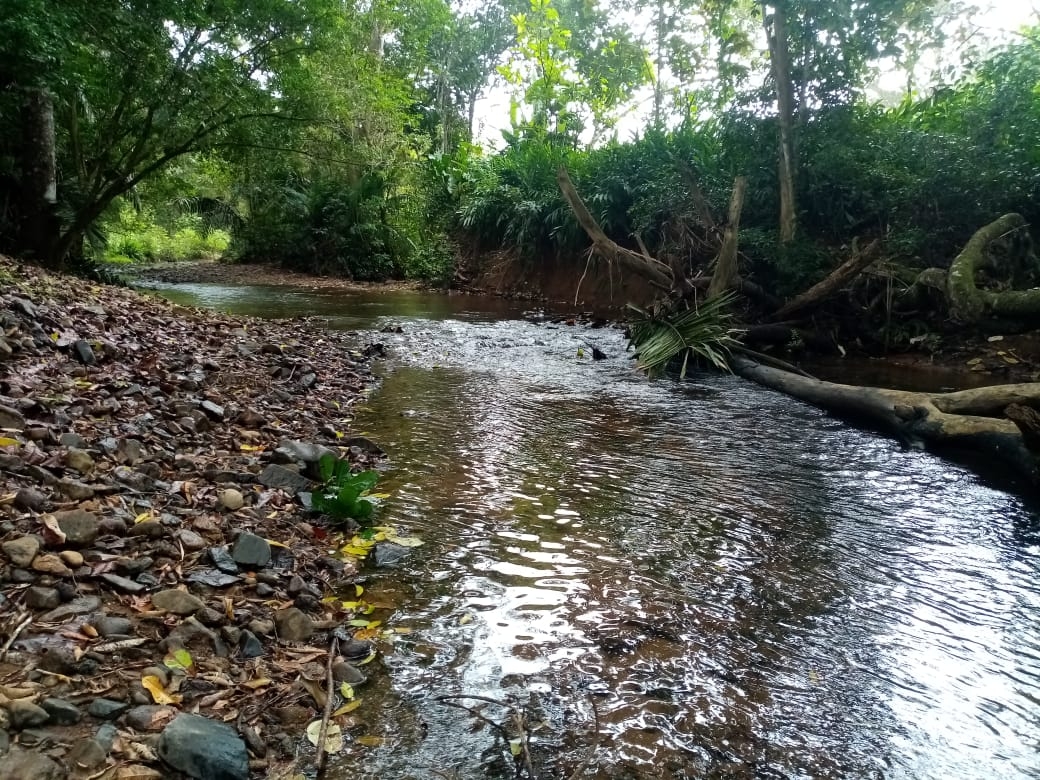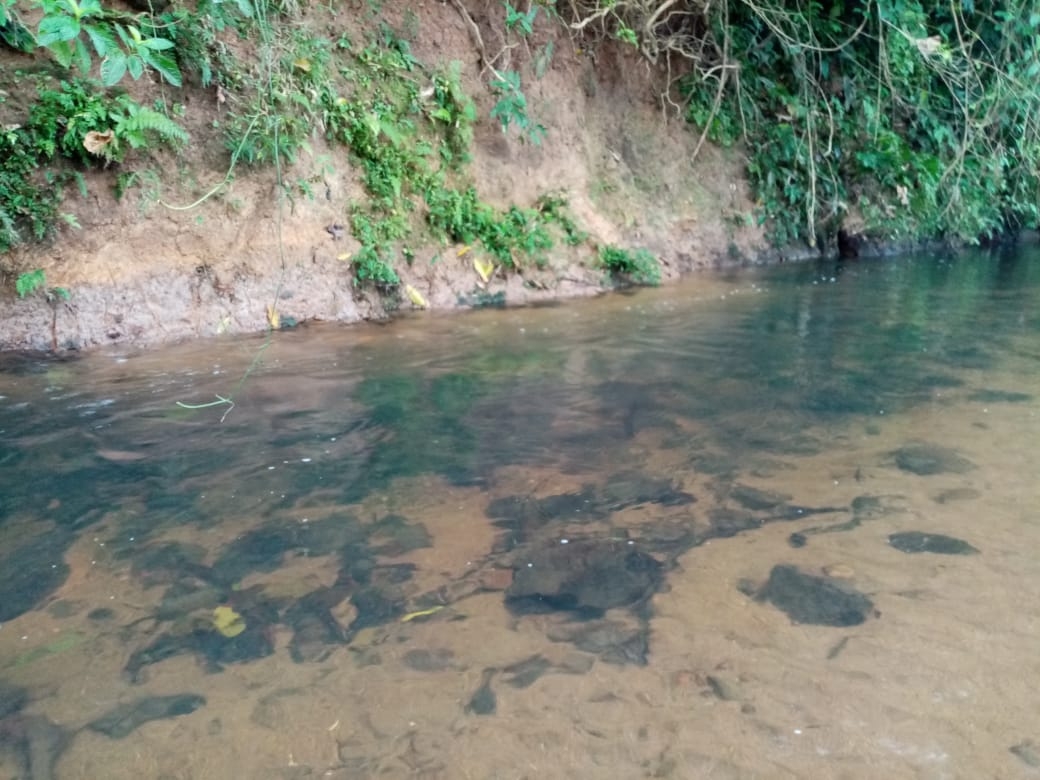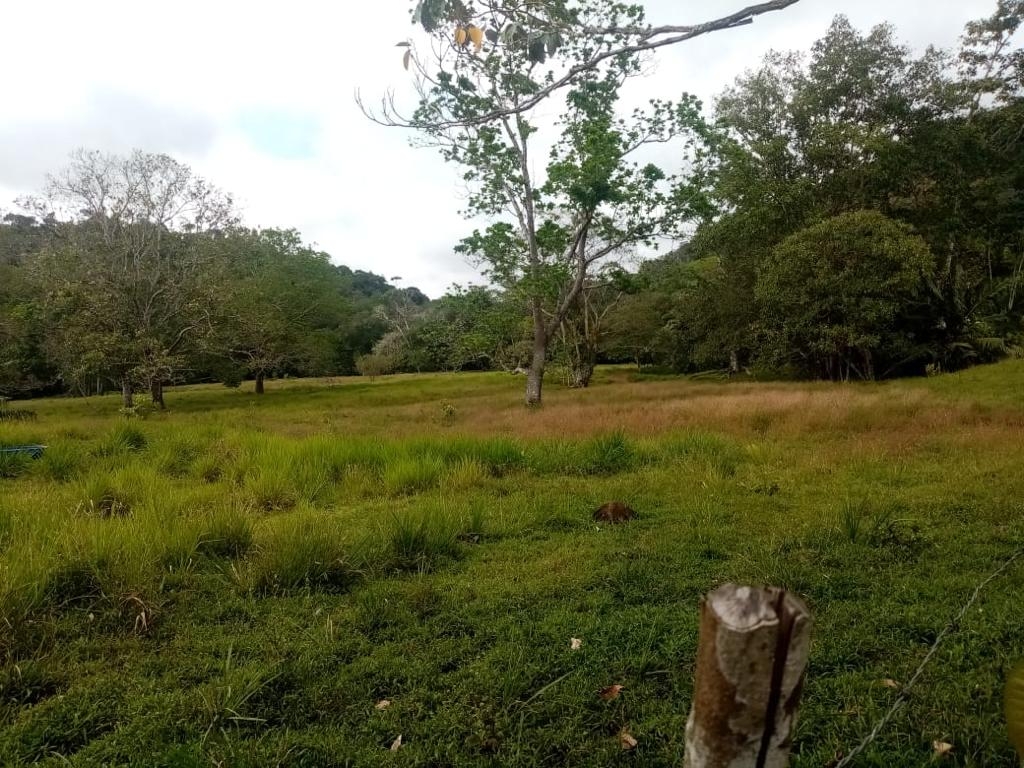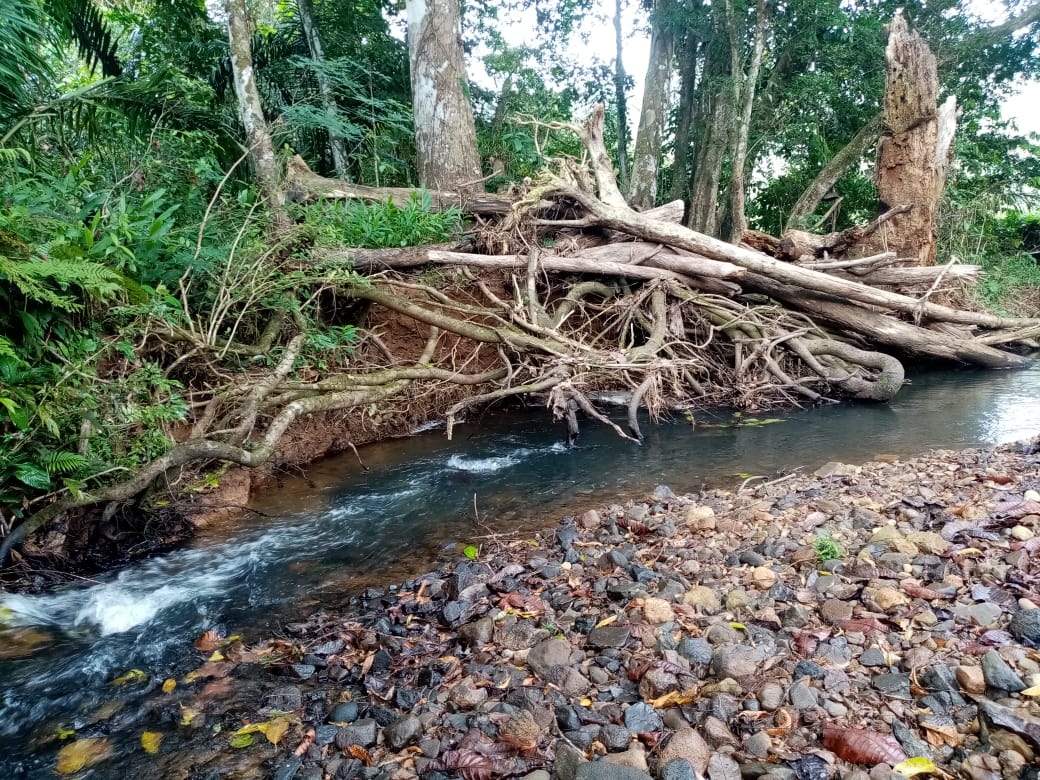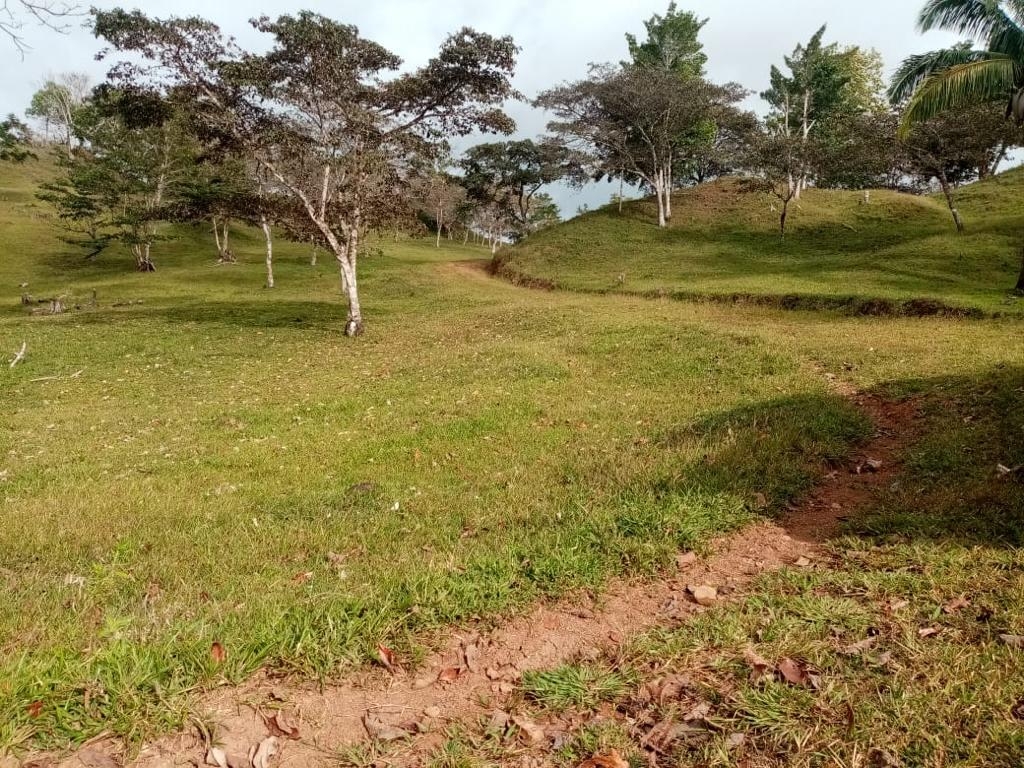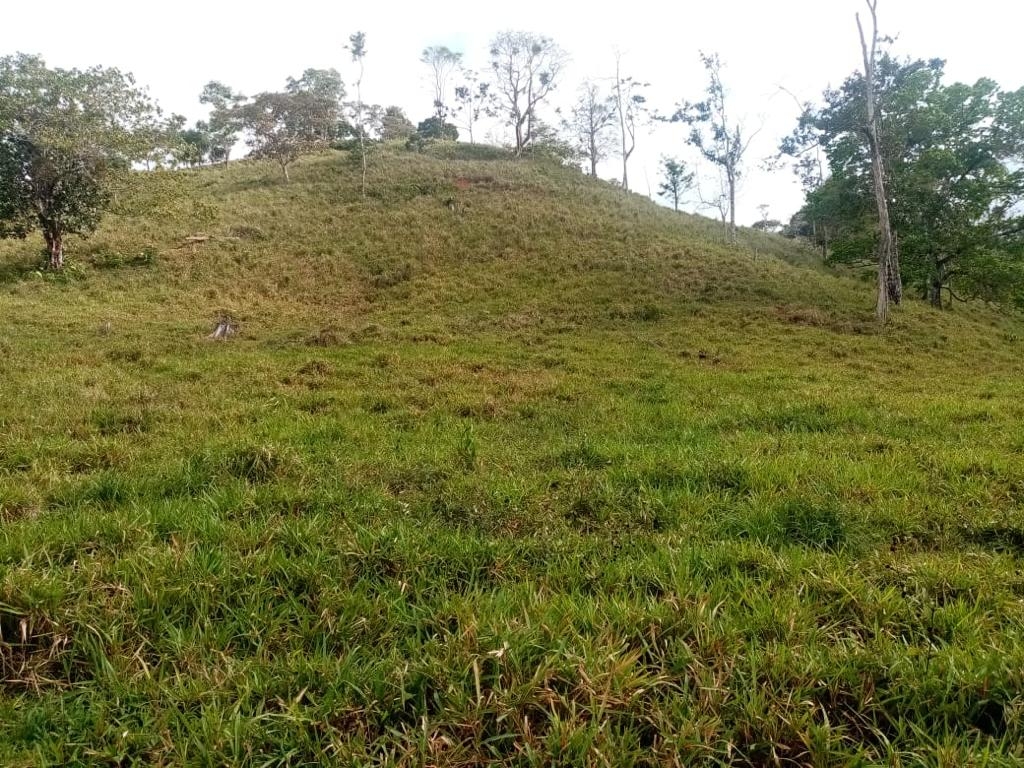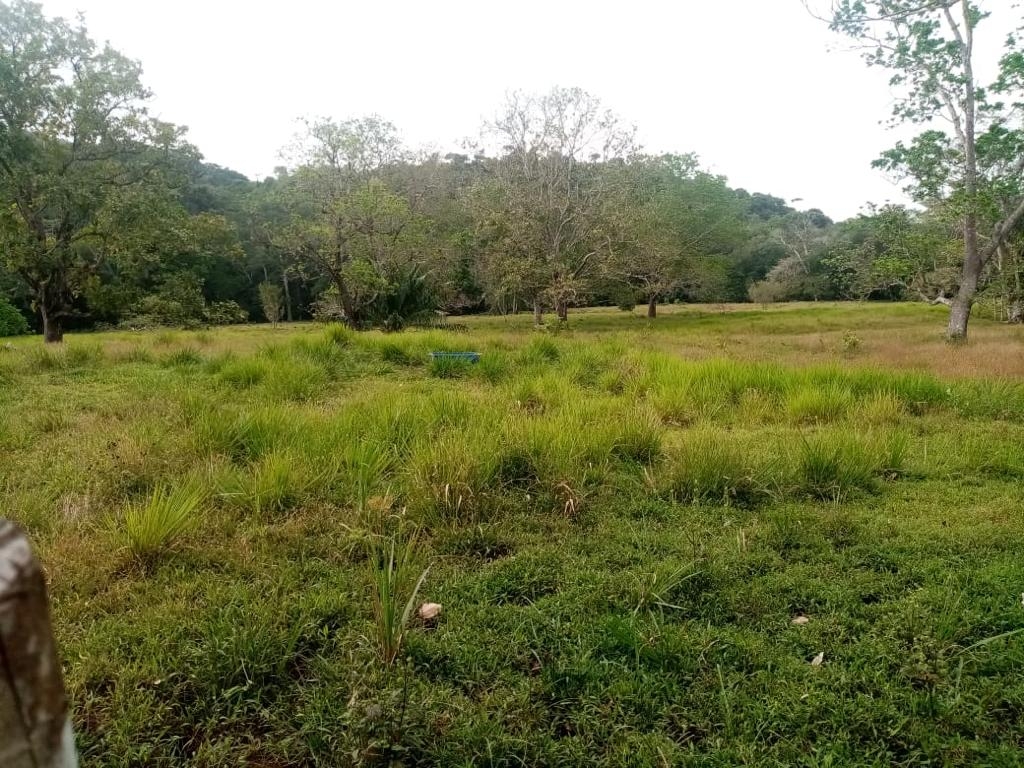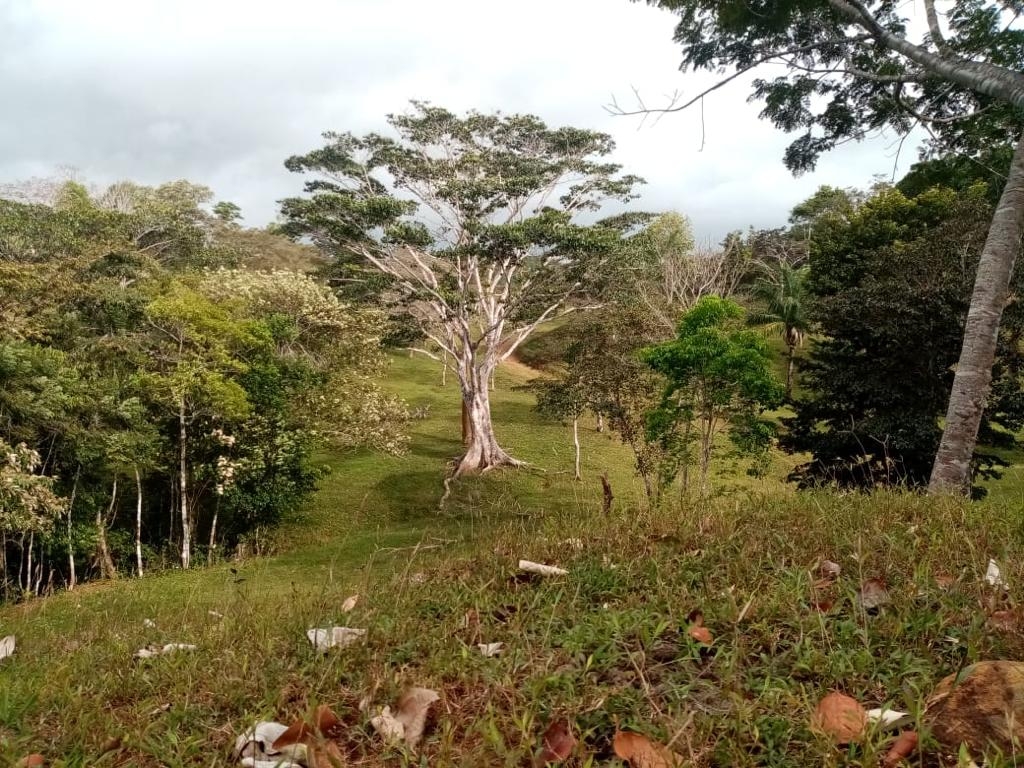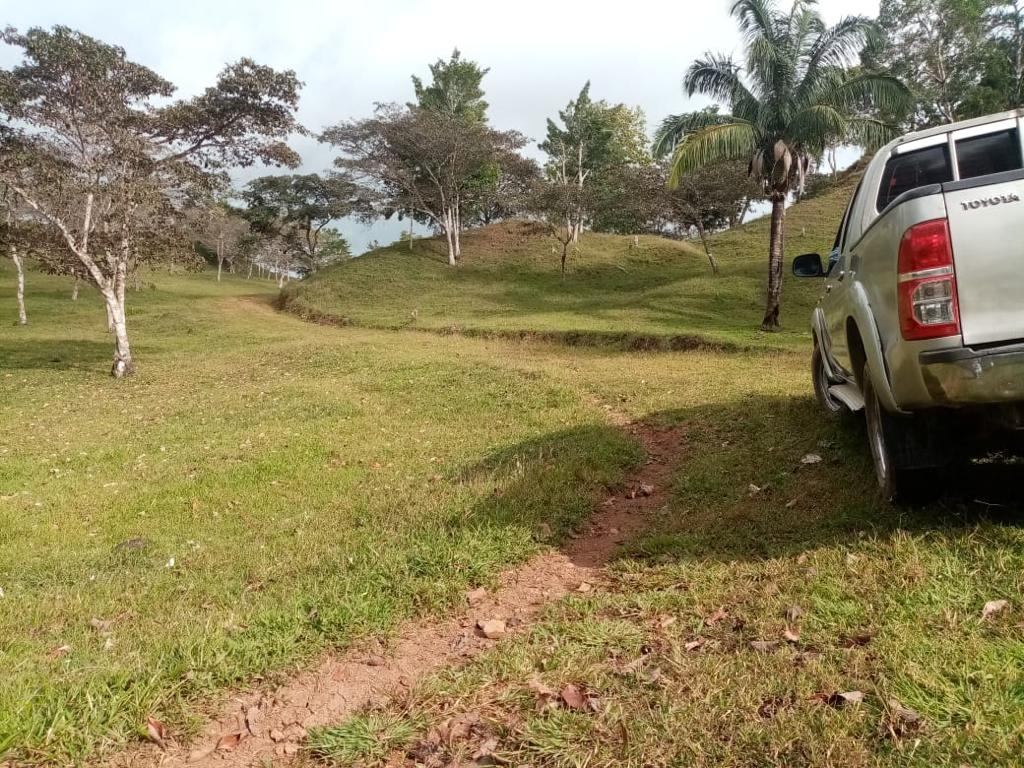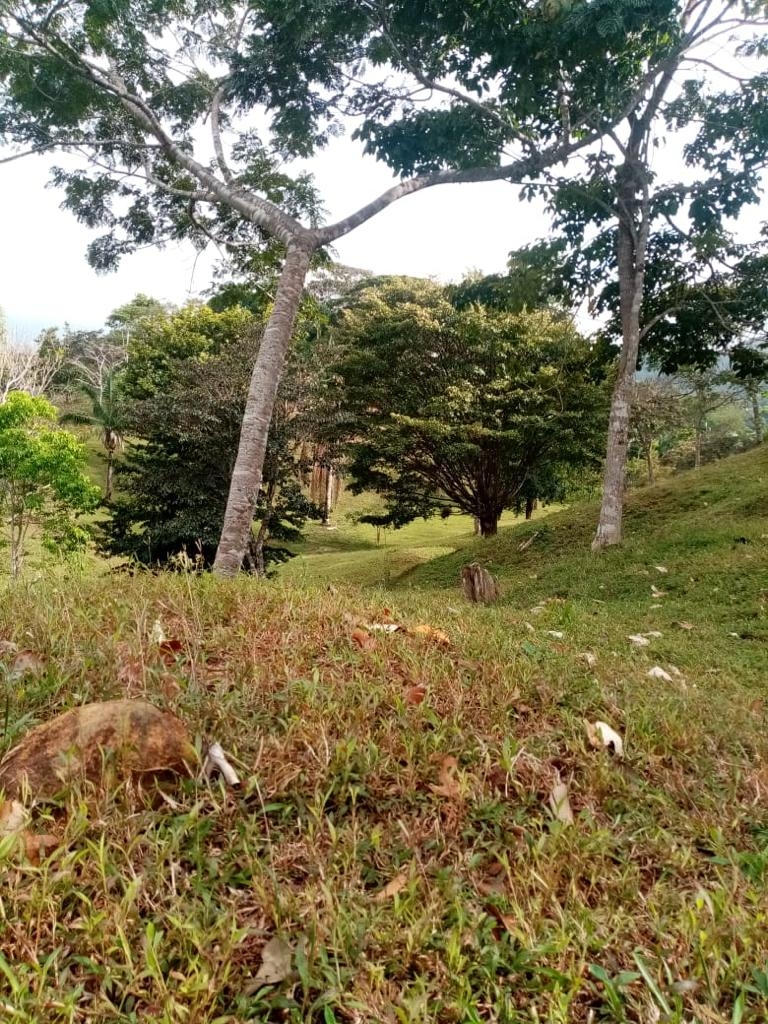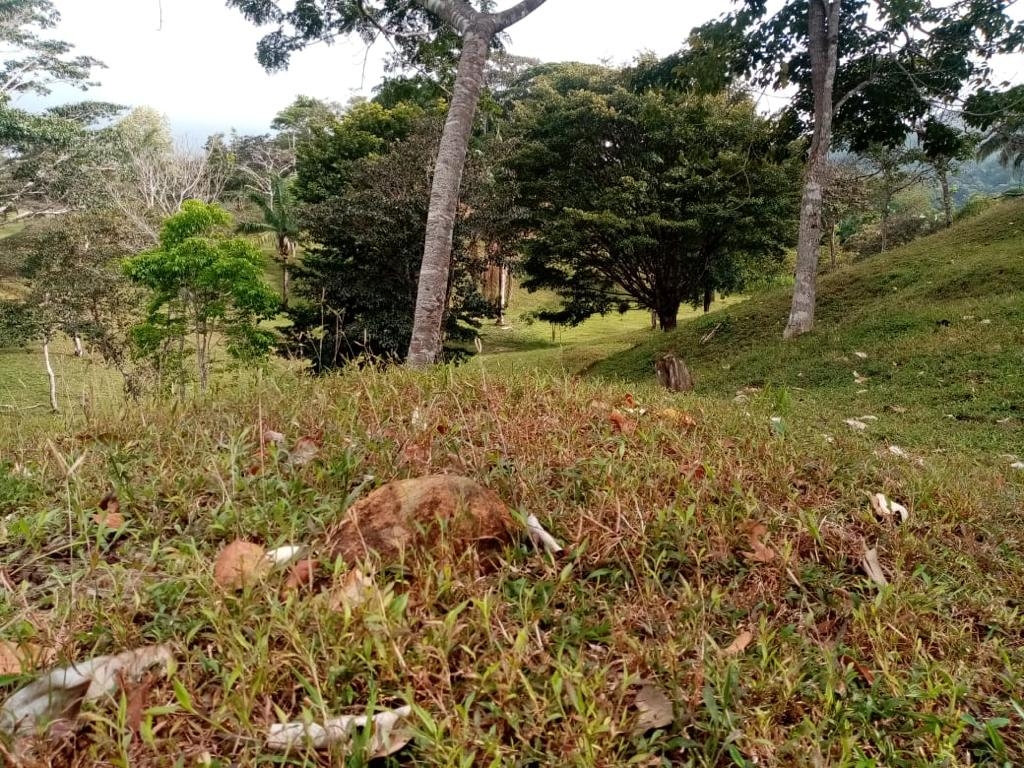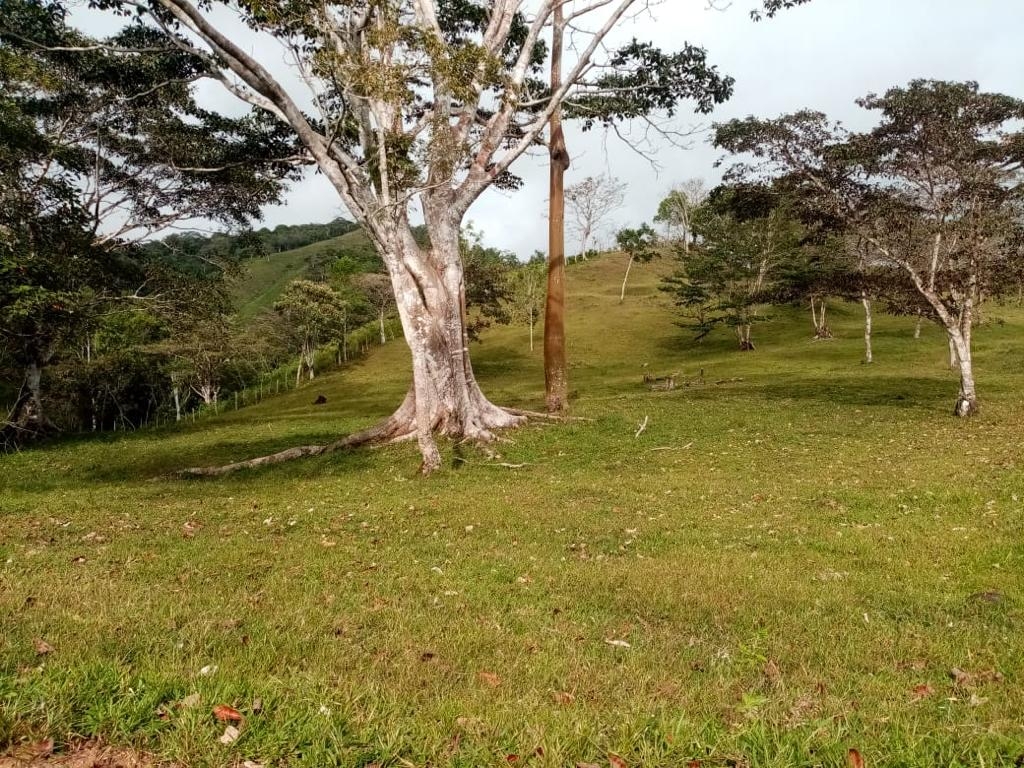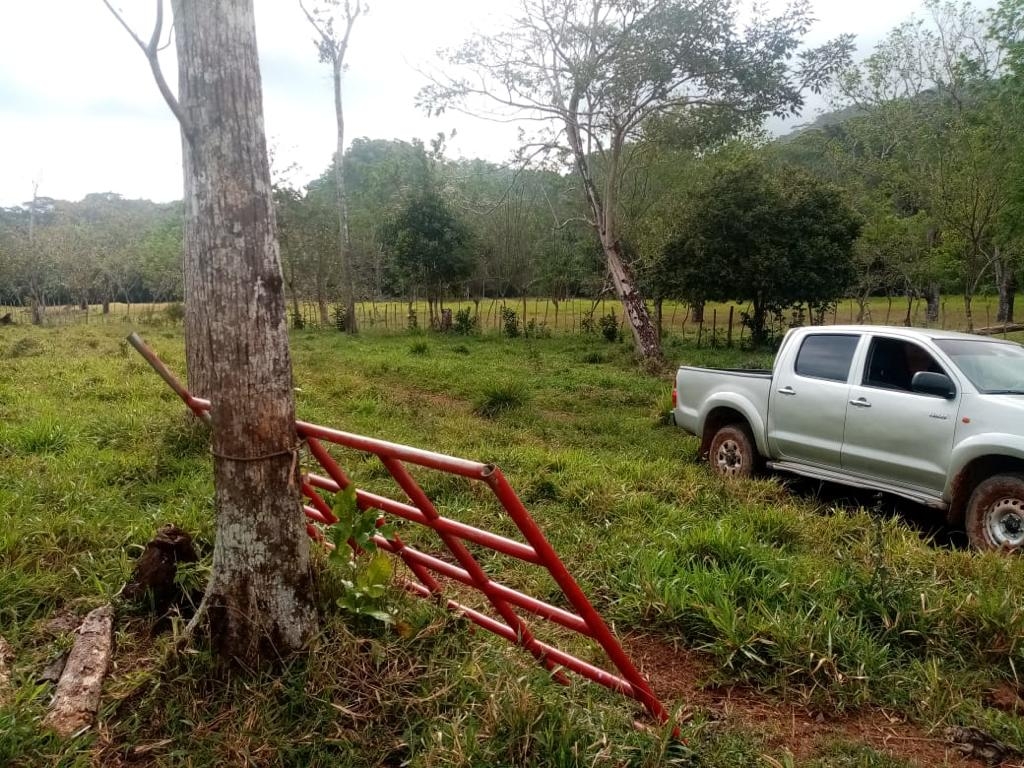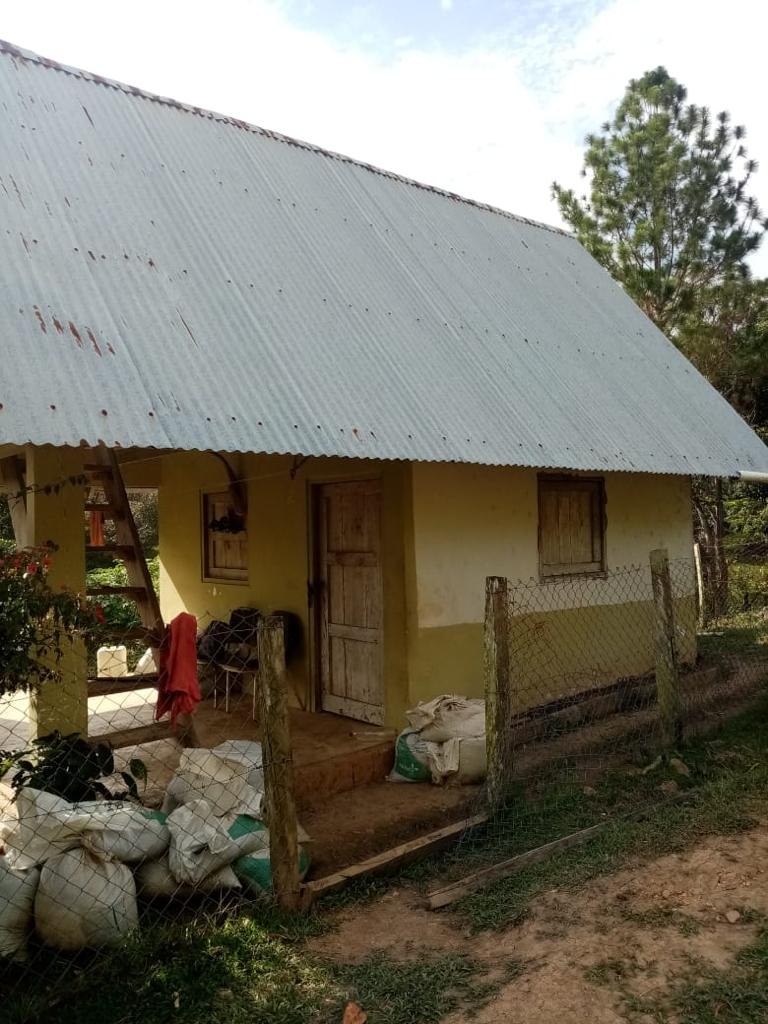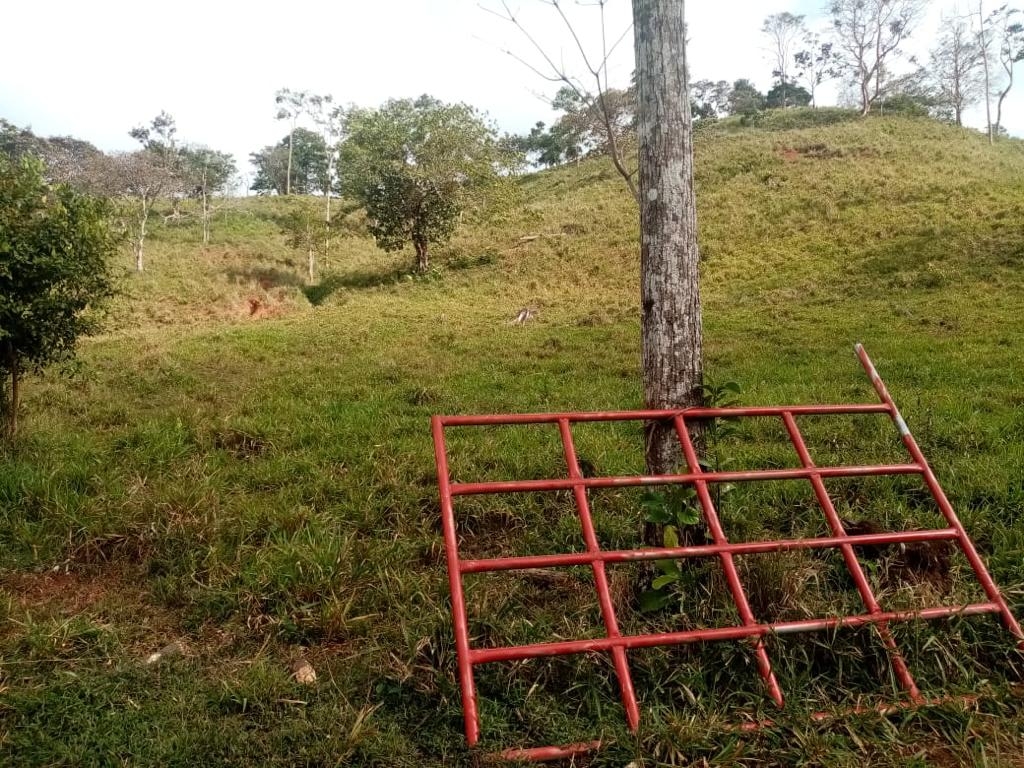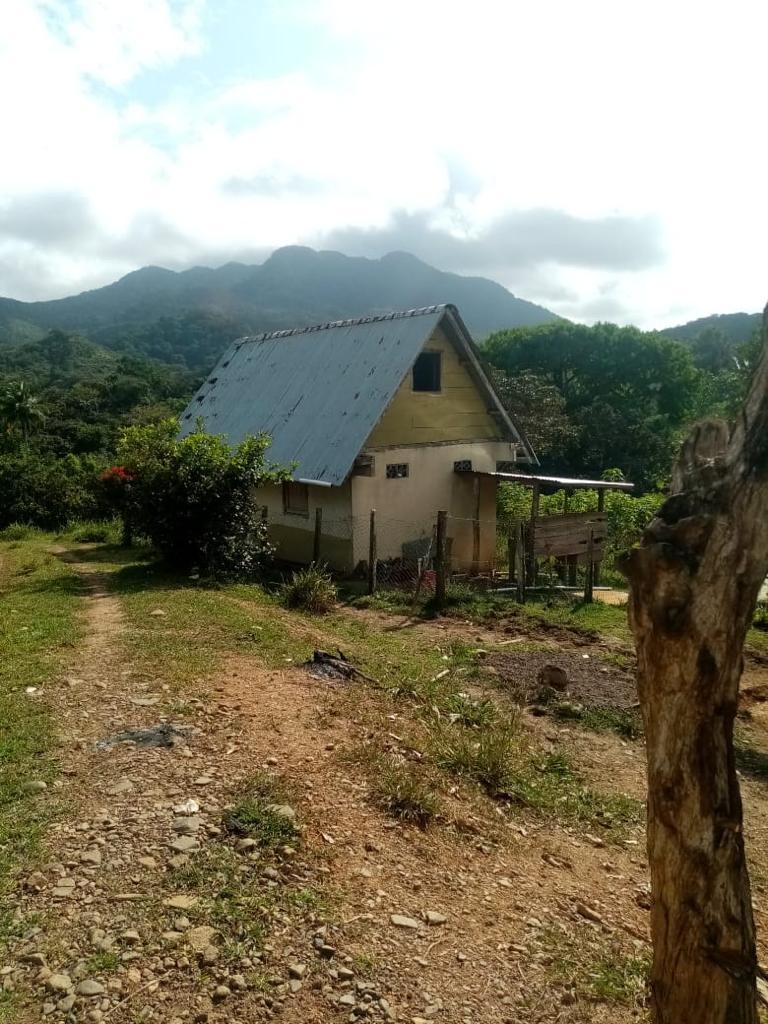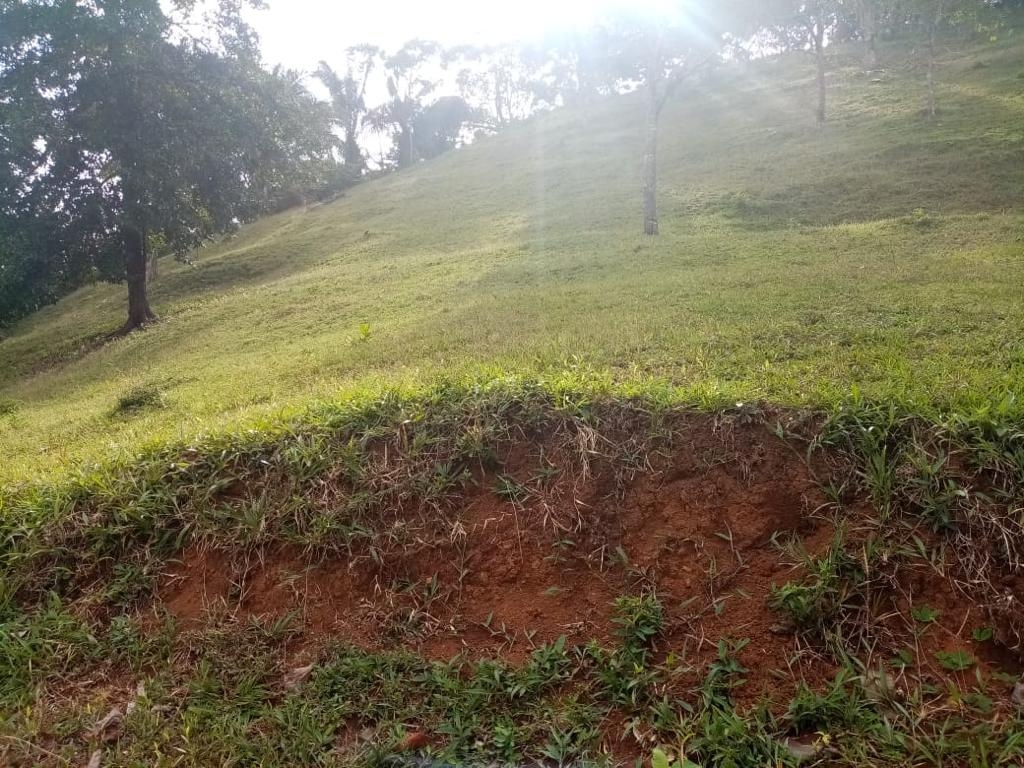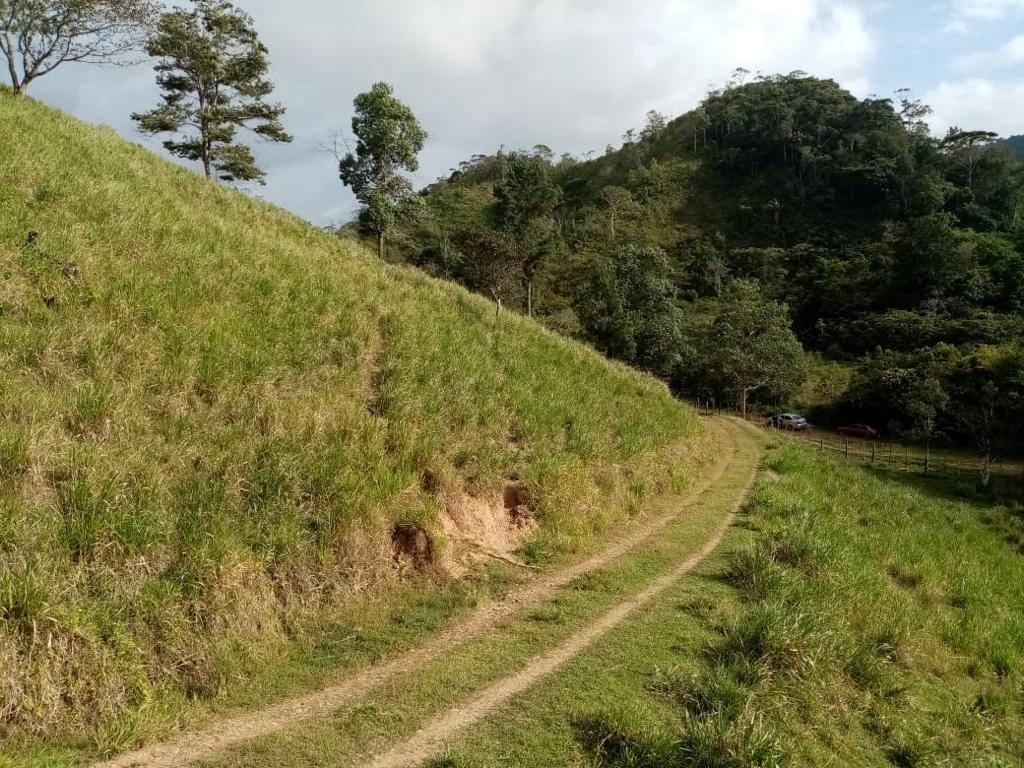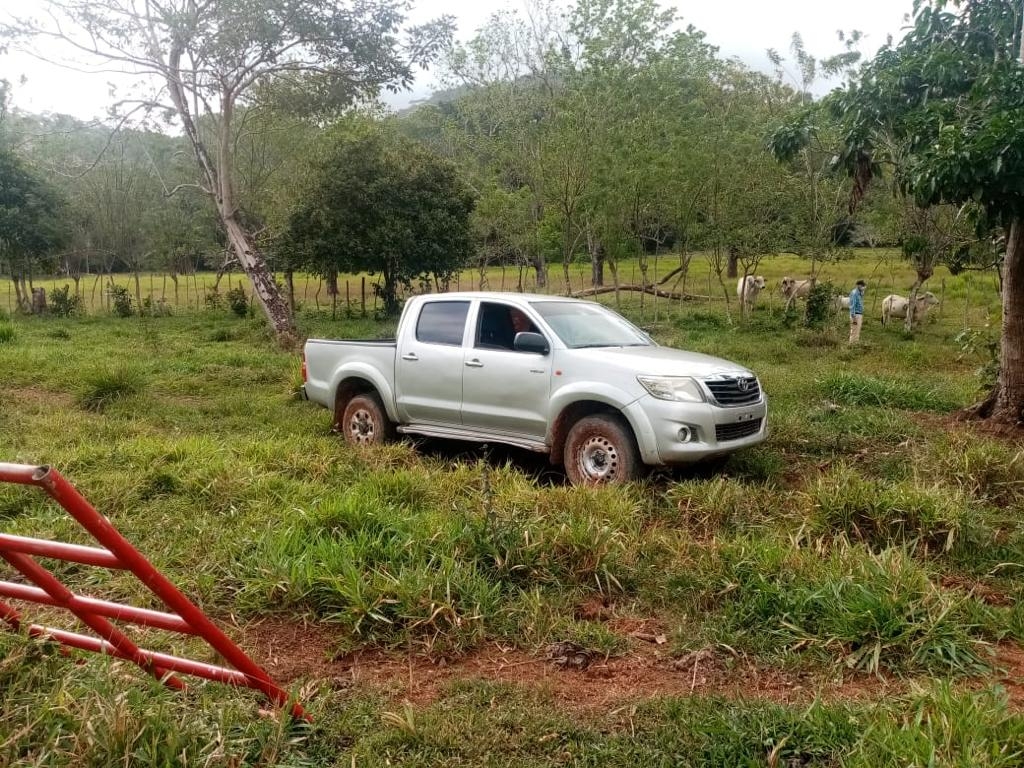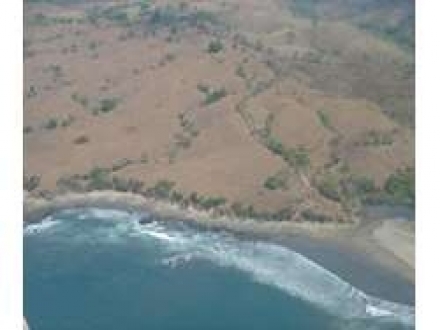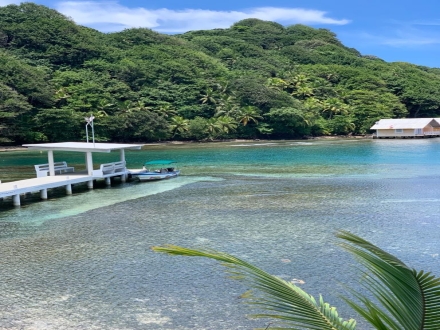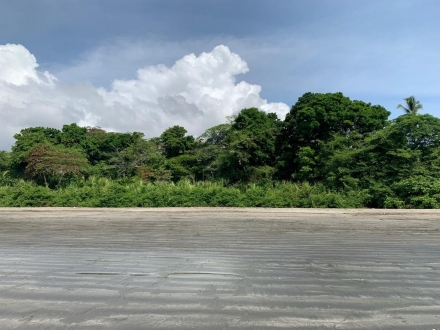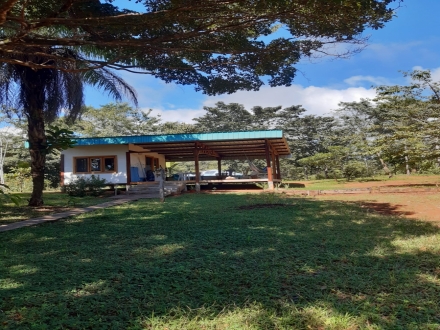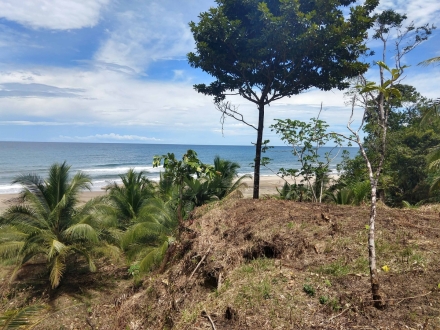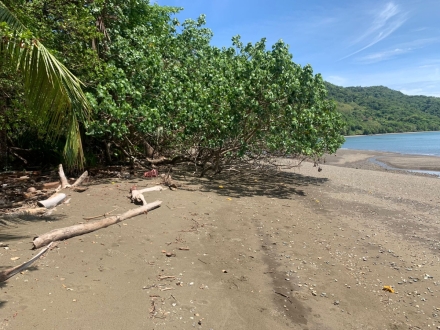SPECTACULAR PROPERTY FOR SALE IN PENONOME, 99 HECTARES (244.63 ACRES).

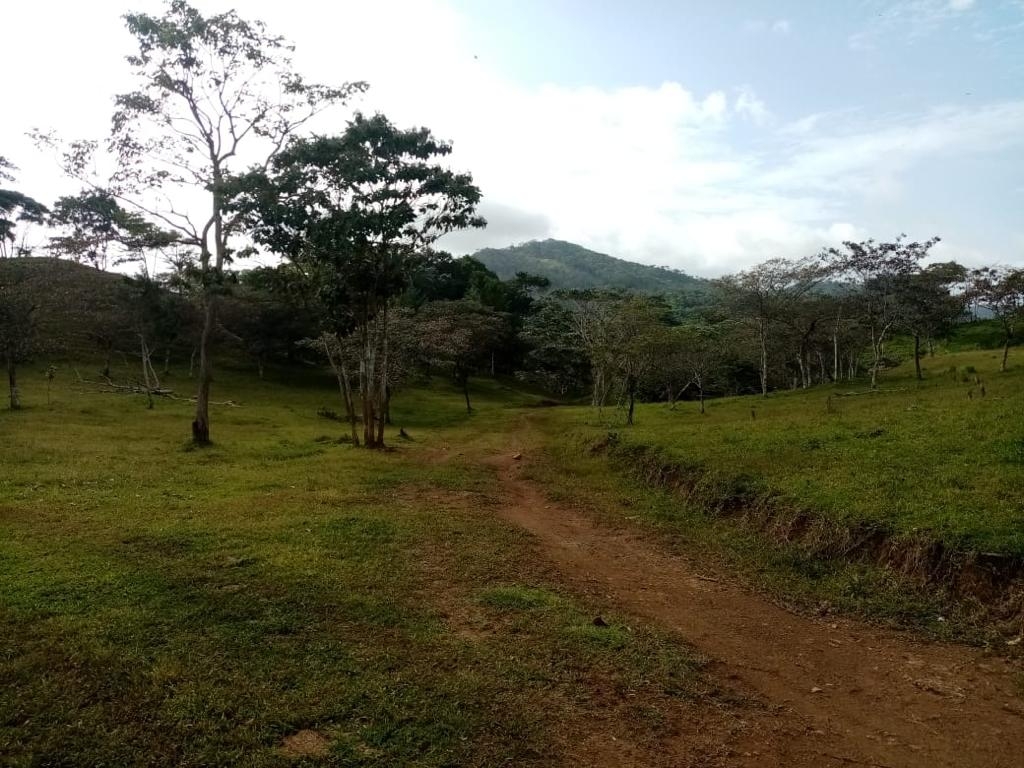
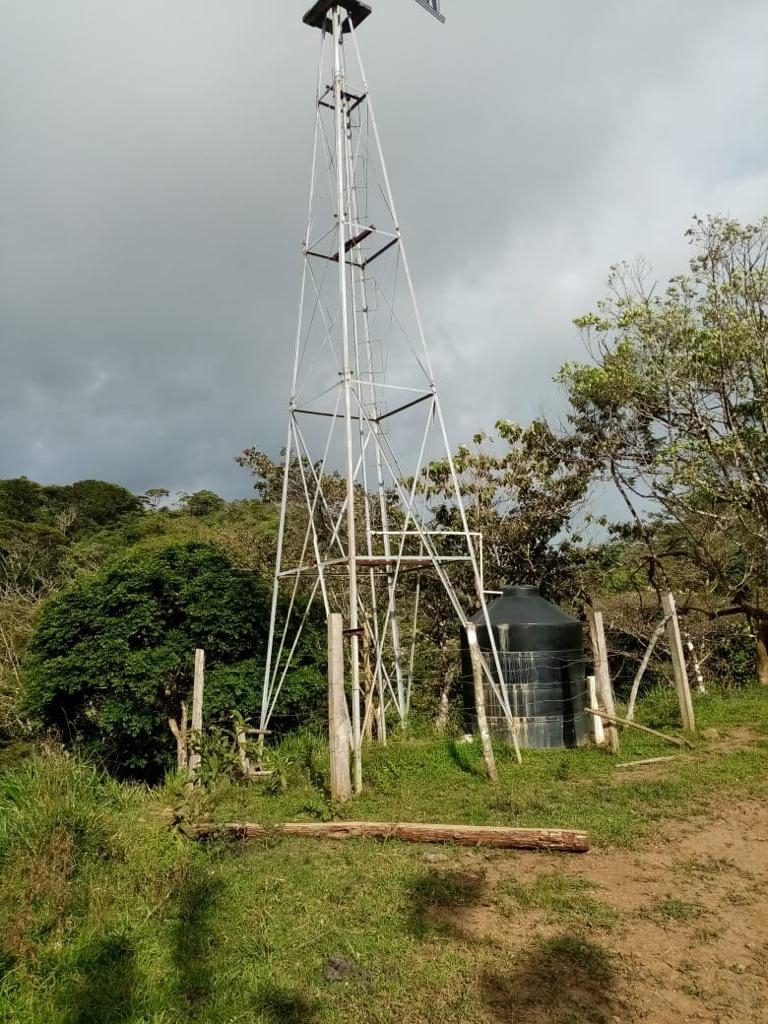
Property Details
Property Description
SPECTACULAR PROPERTY FOR SALE IN PENONOME, 99 HECTARES (244.63 ACRES).
Access to the farm: Starting point would be the Hotel Dos Continentes in Penonome which is located in front of the Interamerican highway, take the road that leads to Churuquita, we are later with the communities of Tambo and Toabre which are the closest towns to my property, the journey is by asphalt road almost to reach the farm, as there is a small stretch of 3 kilometers which the road is rough, the journey is 34 kilometers from Penonome (Hotel Dos Continentes our starting point).
The property has a river, a creek, four water springs, one of them is equipped with a windmill, improved pasture, corral to work cattle, small cabin, internal dirt road.
Value of the property: in $4000 / hect. x 99 = $396,000
ABOUT OF PENONOME
The population of the district of Penonomé is estimated at 85,737 inhabitants (43,763 men, 41,974 women), according to the 2010 national population and housing census.
The District of Penonomé has 19,748 dwellings, which are inhabited by 85,737 people. They are distributed in ten corregimientos which are Penonomé Cabecera, Cañaveral, Coclé, Chiguirí Arriba, El Coco, Pajonal, Río Grande, Río Indio, Toabré and Tulú. The Corregimiento de Penonomé is the head of the district.
It has a population mostly of mestizo extraction, product of the mixture between elements of aboriginal ancestry, and Caucasian. During the construction of the French Canal, the ethnic composition was not affected to a great extent, since Penonomé did not offer many advantages to the newly arrived immigrant populations. However, the remnants of the first Chinese immigrants managed to settle in Penonomé around the 1910s onwards. Since then, the Chinese colony was an important pillar of Penonomé's development, among them the Han and Chang families, among others. The Arab and Spanish colonies began to make their presence felt in the 1970s. It has a population of 88,143 inhabitants.
Economy
The economic activities of the district of Penonomé are based on the agricultural sector (agriculture, livestock, hunting and forestry) and the service sector. In the urban area of the district, specifically Penonomé Cabecera, there are concentrated businesses, construction and carpentry companies, mechanical workshops, services, transportation, and public employment. In the townships of Coclé, Penonomé Cabecera, Cañaveral, Río Grande and El Coco, rice, tomato, melon and watermelon are grown for sale; there are also cattle ranchers.
In the northern area (Chiguirí Arriba, Pajonal, Tulú, Toabré and Río Indio) they are dedicated to subsistence agriculture, as well as the production of horticulture and tubers, a large production of which is sold in the Public Market of Penonomé. There is also citrus production.
In recent years, agricultural production has intensified in the villages of Toabré, Pajonal, among which are the production of poultry (chicken), cattle and pigs.
Industry
The industrial sector in the district of Penonomé is composed of 61 manufacturing establishments. Among them are: Cervecería Nacional, S. A.; Cervecería Barú Panamá, S. A., Refrescos Nacional, S. A., Coclesana de Carnes, S. A., Empacadora Avícola S. A., Productos Alimenticios Cantun, S. A. Cuadernos Escolares, S. A., Fumigadora Aérea Nacional, S. A.; This activity uses the services of 2,077 employees.
Commerce and Services
According to the Ministry of Commerce and Industries, Coclé Regional Office, Department of Domestic Commerce, there are a total of 694 commercial establishments in the District of Penonomé, of which 449 are wholesale establishments and the remaining 245 are retail establishments. In rural communities there are grocery stores, stores and kiosks. According to economic activity, they are located as follows: 86 canteens, 77 mini supermarkets, 70 kiosks, 41 grocery stores, 30 stores, among the most prominent retail sales.
The Service Activity is represented by 78 hotel and restaurant establishments in the district. In the real estate, business and rental activity, there are 58 establishments. Transportation, storage and communication activity, 9 establishments. There are 58 establishments identified as other services, including teaching activities, social services, health, other community, social and personal service activities.
Another economic activity that contributes to the district's economy is handicrafts, which play an important role in the culture of the Penonomeño. This activity contributes to the improvement of the living conditions of the artisans. Among the main handicraft activities are:
Hat making.
Wicker baskets
Belmont stone or soapstone carving.
Wood carving and wooden utensils.
Mobile ornaments, toys, wallets and reminders of the acorn palm.
Painting on calabazo totuma, among others.
Tourism
It is very close to the Pacific coast (30 kilometers) and a few minutes from Panama City (149 kilometers). It is an area with great tourist potential for its rivers, mountains, flora, fauna and people who work with handicrafts. Some of the most touristic places in the city are the Cathedral of San Juan Bautista de Penonomé and the Museum of Penonomé, dedicated to the history of the city, from the indigenous period, to the colonial period, through the period of the Conquest. There is also a museum dedicated to the brothers Harmodio and Arnulfo Arias Madrid, presidents of the Republic of Panama.
Property Features
- Lake View
- Mountain View
- Lake Waterfront






